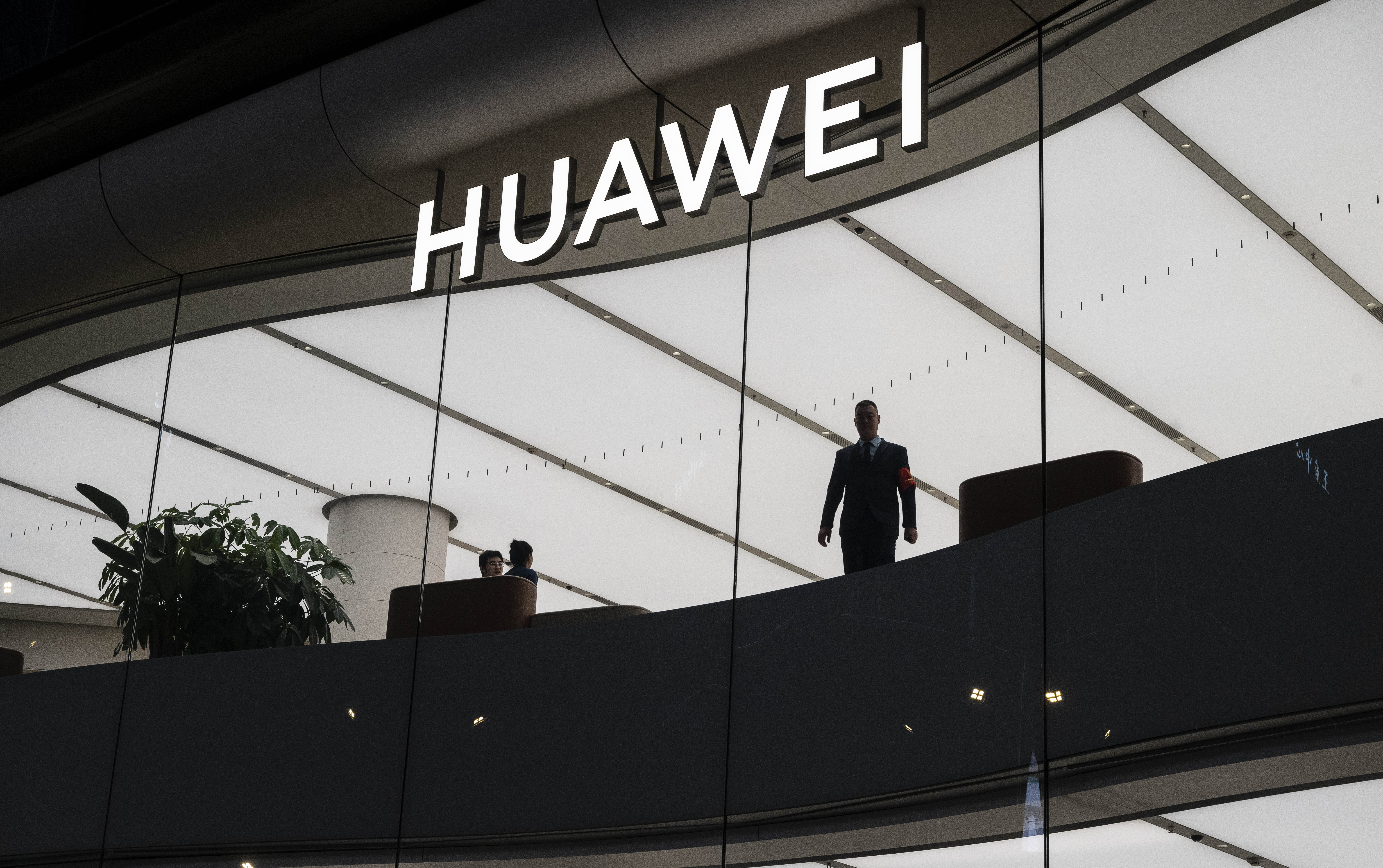This feels like an obituary for an old friend. Huawei became a cornerstone of South Africa’s laptop landscape, offering premium, thin and lightweight Windows devices that many gadget nerds such as myself have come to rely on for most of the MacBook experience, at a lower sticker price.
But US sanctions preventing American companies from selling components to Huawei – including the Windows operating system that powers most PCs – raise questions about their future in our market.
While my MateBook will still function with all the Windows features after the licence expires, I spoke to Peter Feng, GM of Huawei Technologies South Africa’s consumer business group, for answers to other questions.
“South Africa remains a tier one market for Huawei consumer devices globally,” Feng reassured me, highlighting SA as “one of the leaders in the MEA (Middle East Africa) region in terms of sales performance.”
When questioned about Huawei’s future in laptops as its competitors are pushing out Windows AI PCs, Feng acknowledged they had “built a strong presence in the South African laptop market by offering premium devices that blend performance, innovation and intelligent features.”
Uncertain future
While avoiding specifics about future launches, he affirmed that “we remain committed to providing South African consumers with high-quality laptop options that align with evolving technology trends, including Huawei’s AI-powered capabilities”.
I’ve used Huawei laptops since putting my ancient Asus Vivobook to pasture when I needed an upgrade to Windows 11. The 2023 MateBook X Pro was my chosen steed, and my fingers still long for its svelte design and incredibly tactile trackpad.
Unfortunately, Intel’s 13th-generation Core i7 (aka Raptor Lake) was not the battery-friendly prince that was promised, and I was forced to upgrade when Huawei dropped the Core Ultra chips into the 2024 model refresh and OLED screens across the board.
The rapid upgrade meant having to step down to the more affordable standard MateBook 14 for the pleasure of an all-metal build and consistent six-hour sessions away from a charger.
PC tides are turning
What drew me to Huawei laptops in the first place was the use of premium materials and high design – a welcome break from the utilitarian plastic rectangles from other PC vendors. Battery endurance is the only spec laptop buyers need to care about, though, hence the quick jump to a newer model.
The company’s recent 2024 results show that its consumer business generated a revenue of R860-billion, marking a substantial increase of 38.3% compared with R623-billion in 2023. This significant growth suggests that the consumer laptop business is likely to have contributed positively to this overall performance.
Both tech market analyst firms Canalys and IDC expect an acceleration in the PC market in 2025 as businesses prepare for the end of Windows 10 support in October.
Canalys analyst Kieren Jessop explained in a January market report that “2024 was a year of modest recovery and a return to traditional seasonality for the PC market as full-year shipments grew 3.9%. Growth increased slightly in Q4, with shipments rising by 5.0% year on year, signalling a positive trend as we moved to within a year of the Windows 10 end-of-support date.
“In China, government stimulus in the form of consumer subsidies helped to promote spending on notebooks amid a demand environment that had been weakening.”
Goodbye, old friend
Huawei won’t benefit from any of these trends, already missing out on Intel’s Lunar Lake upgrade cycle and the new stuff from Qualcomm and AMD.
Without explicitly mentioning HarmonyOS – Huawei’s self-developed operating system – Feng’s comments hint at leveraging its AI expertise to differentiate its computing offerings, potentially reducing dependence on Windows.
The current success of its MateBook D series provides a foundation for this evolution. Feng identified it as their “best-selling laptop range in the market”, crediting its popularity to its “ultra-thin metallic unibody design and expansive 16-inch display.”
He also explains how “supercharging technology, inherited from our smartphone innovations, ensures long-lasting battery life for uninterrupted productivity” – tangible benefits that clearly resonate with South African users.
Addressing concerns about Huawei’s retail presence, Feng dismissed reports of widespread store closures as “not accurate”. Instead, he outlined plans for “expansion of our footprint, with more stores set to open in 2025”, following a recent launch at Gateway in KwaZulu-Natal.
This commitment to physical presence and after-sales support demonstrates long-term investment in South Africa.
Not end of life, just the end of Windows on new hardware
What emerges from these insights is a picture of a company determined to maintain its relevance in the South African market despite global headwinds.
The challenges are real – developing a competitive alternative to Windows is no small feat – but Huawei’s clear commitment suggests it views the local market as worth the investment.
From tomorrow, Huawei cannot launch new laptops that run Windows. This comes after it couldn’t launch new laptops with Intel chips newer than Meteor Lake, or new smartphones that run Google Mobile Services, since 2020.
The company will still exist selling consumer technology, but it will feel different.
What this means
You will still see new PCs from Huawei, albeit potentially with different software under the hood and in the tablet+keyboard configuration that was so hip before the pandemic.
We are also likely to see the same laziness creep into the PC market that happened when Huawei lost access to Google, and then Samsung basically released the same Galaxy S model with minor updates for the next four years.
A focus on premium design and expanded customer support after the sale provides much-needed competition to drive the market forward in its fight against Apple’s dominance in the consumer space.
Huawei will be missed, if only for its China state-funded ability to keep competitors honest. DM





